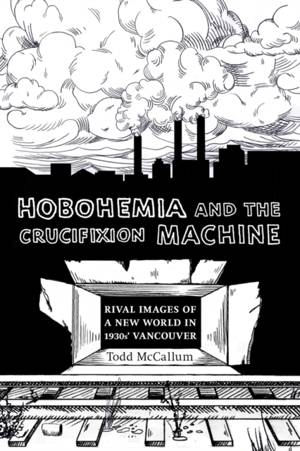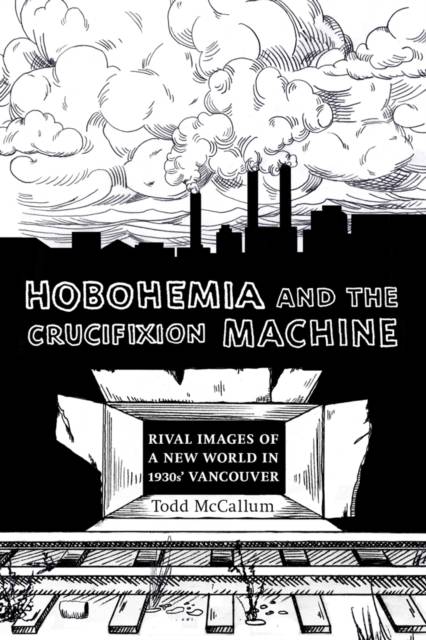
- Afhalen na 1 uur in een winkel met voorraad
- Gratis thuislevering in België vanaf € 30
- Ruim aanbod met 7 miljoen producten
- Afhalen na 1 uur in een winkel met voorraad
- Gratis thuislevering in België vanaf € 30
- Ruim aanbod met 7 miljoen producten
Omschrijving
In the early years of the Great Depression, thousands of unemployed homeless transients settled into Vancouver's "hobo jungle." The jungle operated as a distinct community, in which goods were exchanged and shared directly, without benefit of currency. But as the transients moved from the jungles to the city, they made innumerable demands on Vancouver's Relief Department, consuming financial resources at a rate that threatened the city with bankruptcy. McCallum argues that, threatened by this "ungovernable society," Vancouver's Relief Department employed Fordist management methods that ultimately stripped the transients of their individuality. Hobohemia and the Crucifixion Machine explores the connections between the history of transiency and that of Fordism, offering a new interpretation of the economic and political crises that wracked Canada in the early years of the Great Depression.
Specificaties
Betrokkenen
- Auteur(s):
- Uitgeverij:
Inhoud
- Aantal bladzijden:
- 324
- Taal:
- Engels
- Reeks:
Eigenschappen
- Productcode (EAN):
- 9781926836287
- Verschijningsdatum:
- 15/02/2013
- Uitvoering:
- Paperback
- Formaat:
- Trade paperback (VS)
- Afmetingen:
- 152 mm x 229 mm
- Gewicht:
- 521 g

Alleen bij Standaard Boekhandel
Beoordelingen
We publiceren alleen reviews die voldoen aan de voorwaarden voor reviews. Bekijk onze voorwaarden voor reviews.











